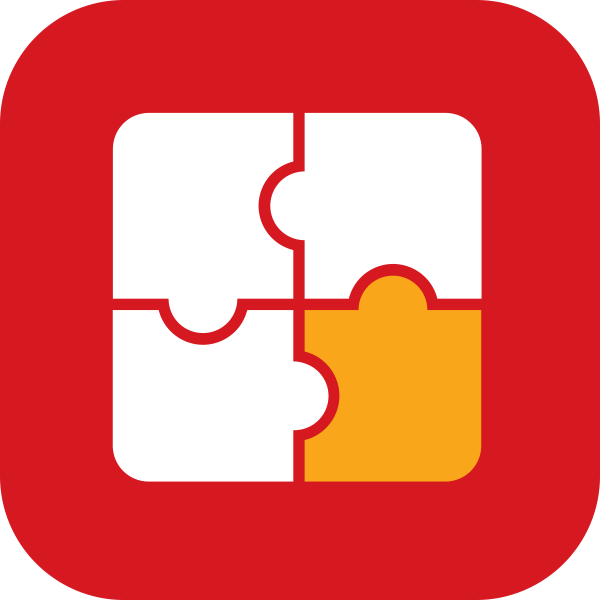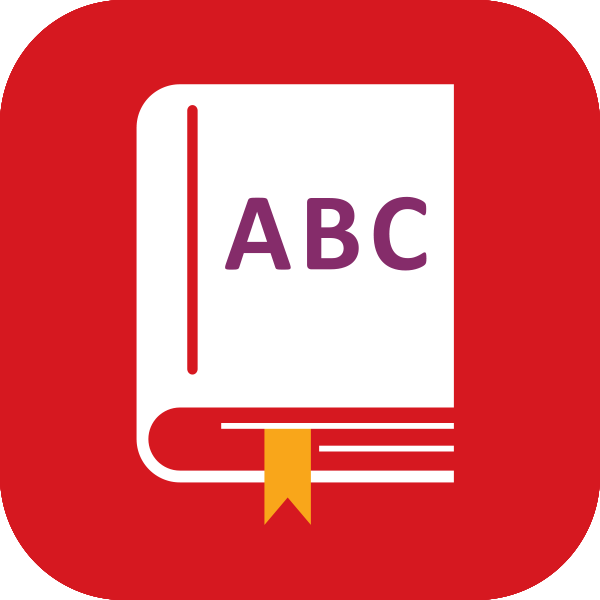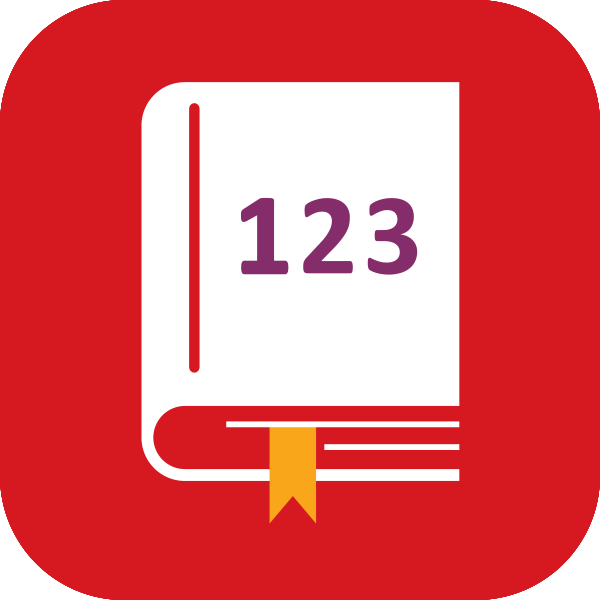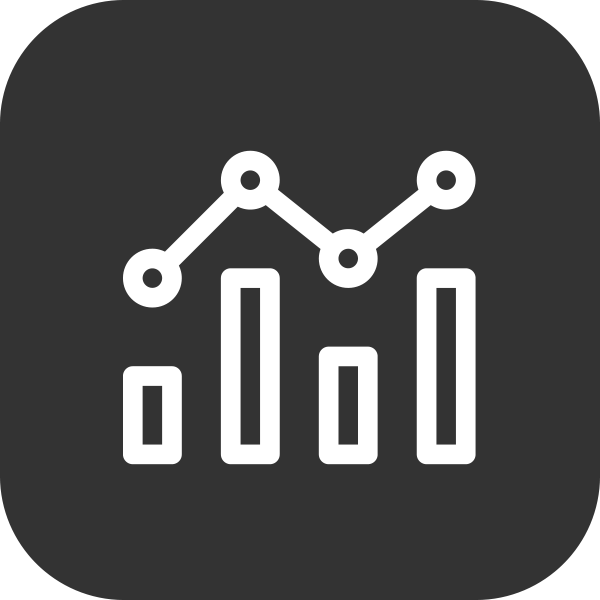Lateness and attendance
PASS has been particularly effective for our morning check-ins with pupils who arrive late, as it has helped us to identify low self-esteem. In terms of attendance, a problem we are experiencing with some older pupils is that they are playing computer games until very late in the evening and even through to early hours of the morning and then want to stay off school to continue playing.
However, when these pupils have taken PASS, their results have flagged green as they actually like being at school. PASS has given us a tool that we can use to demonstrate to their parents that they do like being at school, therefore the reason for their absence is an external factor that they will need to support us with.
Health and wellbeing curriculum
In the new curriculum for health and wellbeing in Wales we have What Matters statements. One of these is ‘How we process and respond to our experiences affects our mental health and emotional wellbeing’. Therefore, when we analyse our PASS reports we look closely at the factors of Feelings about School and Self-regard as a Learner to spot patterns, so that we can put the preventative interventions in place to support that emotional wellbeing.
Another What Matters statement is ‘Our decision-making impacts on the quality of our lives and others’, which very much links to the PASS factors of General Work Ethic and Preparedness for Learning as we need to be able to provide our pupils with the skills to make decisions that will give them a healthy lifestyle (whether this be with work, social relationships, nutrition/food, etc).
The new Curriculum for Wales is very much focussed on wellbeing, so this will be one of the top priorities for our coastal route of schools and other areas in the lower socio-economic bands. It is therefore important for us to continue using PASS to feed into our approach to wellbeing (particularly alongside these What Matters statements) going forwards.
“ ”
Transition to Key Stage 2
At Ysgol Emmanuel we aim to be preventative with pupils from an early stage. We have therefore used PASS to support our Year 2 pupils making the transition into Key Stage 2. One particular pupil’s PASS scores were especially low across four of the attitudinal factors – Feelings about School scored 2.7 out of 100, Self-regard as a Learner was 1.1, Preparedness for Learning was 25.7, and Response to Curriculum Demands was 6.8.

After putting interventions in place (self-esteem groups and morning check-ins for lateness) we discovered that one of their parents was suffering from depression, so we involved our family support group. This worked really well and when the pupil took PASS again, their results had dramatically improved – their Feelings about School score was now 100, Self-regard as a Learner was 67, Preparedness for Learning was 100, and Response to Curriculum Demands was 100. We are delighted at this success story!
We find that PASS normally flags any trouble with our Year 2 pupils straightaway, since they usually do not have the autonomy to do things by themselves at that age. We also find that child protection cases or looked-after children may score low in certain areas of PASS for a specific reason. However, PASS gives us the information we need to demonstrate that we are putting the correct support in place for these pupils at school.
Using PASS with other assessments
If a PASS score is low for a pupil, we compare this with their results from the New Group Reading Test (NGRT) and it also usually tallies that they have ALN or are on the child protection register. Therefore, triangulating this data gives us information to build up a whole pupil view. The Standard Age Score (SAS) is especially useful for analysing these results against the national average.
We also use this data effectively alongside the Progress Test in English (PTE) and the Progress Test in Maths (PTM). The confidence bands on the reports allow us to see the minute levels of improvement and progress that our pupils make. We’re very much looking forward to the forthcoming launch of the GL Data Dashboard which will make it even easier to join up all of our assessment results so that they’re simpler to access for staff at the school.
Ysgol Emmanuel is one of our Centres of Assessment Excellence






